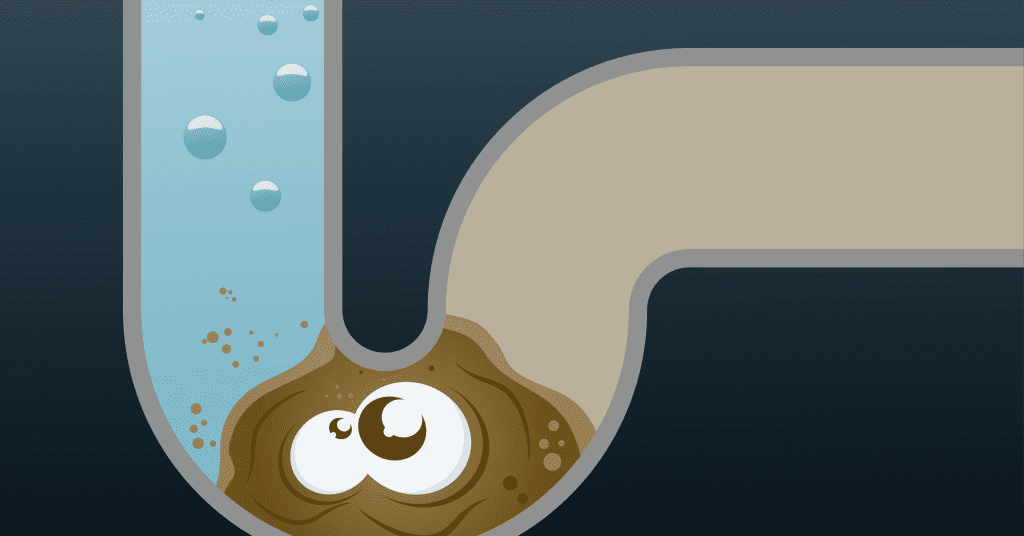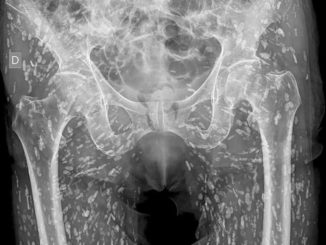Let’s be honest—after cooking a delicious meal, the last thing most of us want to deal with is cleaning up. So when there’s leftover oil in the pan, it might seem harmless to tilt it over the sink and let it slide down the drain. Quick, easy, done. But what if I told you that simple act could cause serious plumbing nightmares, sewage disasters, and environmental damage?
Not everyone understands this, but once you do, you’ll never look at your kitchen sink the same way again. This article breaks it all down—what happens when you pour oil down the drain, why it’s such a problem, and what to do instead.
What Really Happens to Oil in Your Pipes

When you pour oil or grease down the drain, it might seem like it vanishes with the rest of the water. But here’s the truth: it doesn’t go far. As soon as the oil cools, it starts to solidify and stick to the inner walls of your pipes.
Think of it like cholesterol clogging an artery. Over time, that sticky oil builds up layer by layer, narrowing the pipe and slowing down water flow. Eventually, it can lead to a complete blockage. So instead of a free-flowing drain, you’re left with a backed-up sink and a hefty plumbing bill.
Why Your Sink Smells Funky
Have you ever walked into your kitchen and caught a nasty smell coming from the sink, even though there’s no dirty dishes? That foul odor might be caused by decomposing grease trapped inside your pipes.
As grease and oil sit in your plumbing, they begin to break down and rot. This releases gases that drift back up through your drain and fill your kitchen with a smell you definitely didn’t sign up for. It’s gross, and it’s completely avoidable.
The Gross City-Wide Problem: Fatbergs
It’s not just your sink at risk. When oil flows from your kitchen drain into the public sewer system, it meets up with all kinds of other waste—like food scraps, hair, soap, and even flushed items that shouldn’t be flushed.
Video : Why you should never pour grease down the drain
The result? Something horrifying called a fatberg.
A fatberg is a giant, solid mass made up of grease, non-flushable items, and gunk. Some fatbergs are bigger than trucks and weigh hundreds of pounds. They block entire sections of city sewers and are a nightmare to remove. Cities have to send in crews with special equipment to break them up, and the cost runs into the millions each year.
Backups, Overflows, and Environmental Mess
When fatbergs clog public sewer systems, the consequences can get nasty. We’re talking about raw sewage backing up into people’s homes, toilets refusing to flush, and dirty water flooding streets.
And the damage isn’t just gross—it’s dangerous. Overflowing sewage can spread disease, pollute rivers and lakes, and make public spaces unsafe. All because people didn’t know—or didn’t care—about pouring oil down the drain.
How to Dispose of Cooking Oil the Right Way

Here’s the good news: preventing all this mess is actually pretty easy. You don’t need fancy tools or complicated systems—just a little awareness and a few simple habits.
First, let used cooking oil cool down after you’re done cooking. Once it’s cool, pour it into a disposable container like an empty can, jar, or milk carton. Seal it up and throw it in the trash.
If you fry often and have a lot of leftover oil, look for a local recycling program. Many communities offer drop-off locations where you can bring used oil, which can then be converted into biodiesel fuel.
For smaller amounts, wipe greasy pans with paper towels before rinsing them in the sink. That helps keep oil from ever reaching your drain in the first place.
Why This Small Habit Matters
It might seem like a small thing—what difference does a little oil really make? But the truth is, that small act can have a massive impact.
One person pouring oil down the drain may not cause a fatberg. But when millions of households do it? That’s how cities end up with sewer blockages the size of buses.
Taking the time to properly dispose of oil helps protect your home, your neighborhood, and your environment. It also keeps public services running smoothly and saves taxpayer dollars that would otherwise go toward cleaning up preventable messes.
Video : Super Quick Video Tips: The Easiest Way to Dispose of Used Frying Oil
Conclusion: Think Before You Pour
Not everyone understands this, but now you do: pouring cooking oil down the drain is not just bad for your pipes—it’s a hazard to public health and the environment. It causes clogs, creates foul odors, contributes to massive fatbergs, and can lead to sewage flooding in homes and city streets.
But you have the power to prevent it. Let the oil cool. Contain it. Trash it or recycle it. A few seconds of extra effort can save you (and your city) from a whole lot of trouble.
So the next time you’re standing at the sink with a greasy pan in hand, remember what’s at stake. And make the smarter move—for your plumbing, your wallet, and your community.


